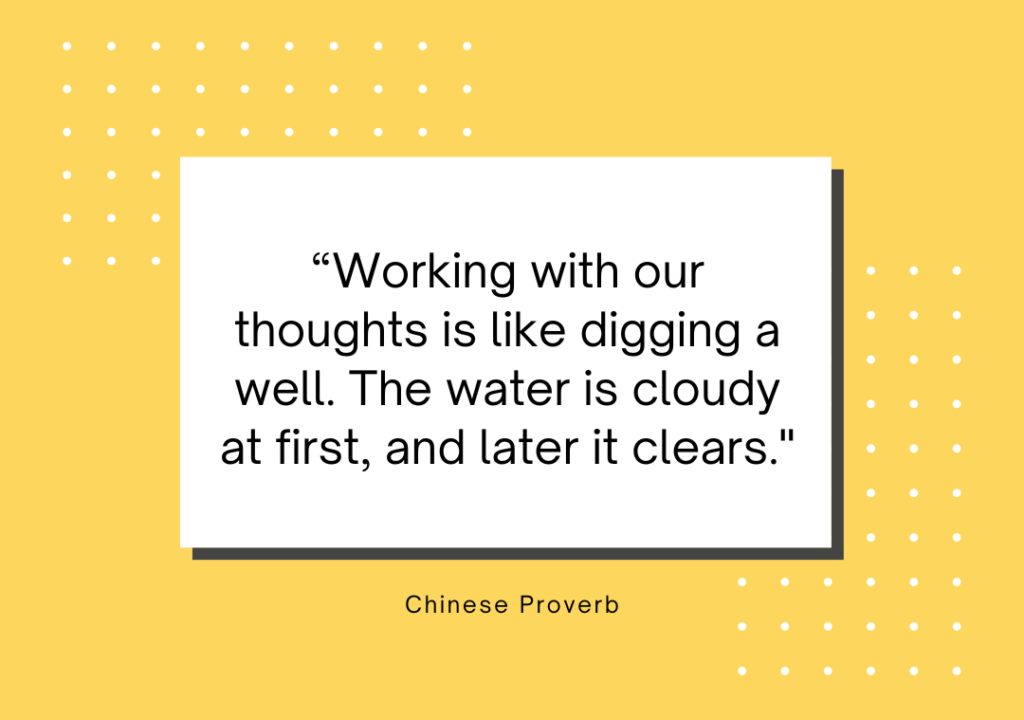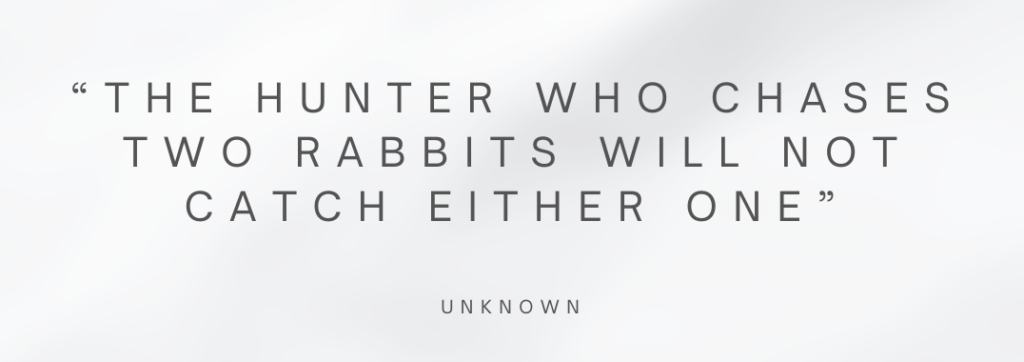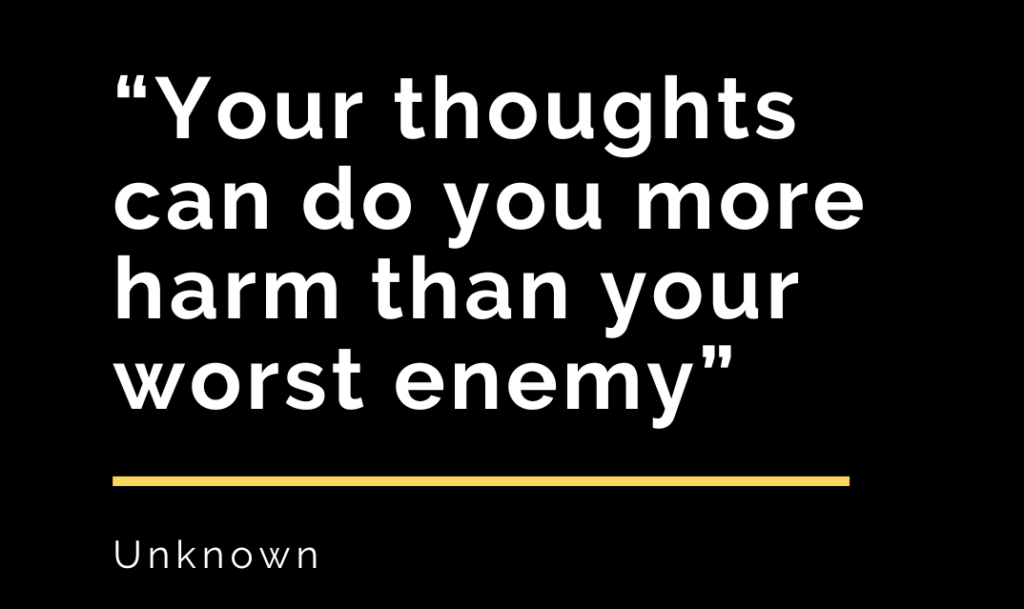Positive Thinking
Positive Thinking

Can you turn a negative thought into a positive thought? Barbara Fredrickson, a psychologist at the University of North Carolina (U.S.), has shown how an optimistic attitude towards life can help the brain fight against negative emotions. The researcher has confirmed that by using specific exercises, the body can be trained to promote positive responses which act as a natural shock absorber against stress and depression.
The first thing we have to understand is that when we declare war on certain thoughts, they will attack. If we resist and deny each negative thought that crosses our mind, that thought will stick around. Each thought will unleash more thoughts of the same nature and produce a cognitive overload that is not helpful.
Our thoughts affect our daily life. They can even affect our emotions and behavior. It is important to understand the relationship that exists between counteracting a negative thought and reducing its negative effects. To do this, we must first identify our automatic negative thought patterns. By force of habit, these thoughts become part of our basic belief system.
Our belief system is full of biases and cognitive distortions. It is time to identify these distortions and fight them so we can generate positive thoughts in each new situation. These biases and distortions force our mind to get rid of information that doesn’t match our beliefs. They also enlarge or magnify the information that reinforces our way of seeing the world.

Thoughts are a part of you that you can change
The brain doesn’t search for truth. Its mission is to survive. In the prehistoric world, this behavior made sense. These days, a lot of things have changed. A quick response time is no longer so important for survival. What is more important is an appropriate response to each situation. We have to keep in mind that our brain can be wrong. It might show us a situation only how it perceives it to be, not how it is in reality.
The mind tries to save energy by giving us a rapid-fire response to a concrete event. The goal is to take control of the situation and keep us safe and calm. Most of the distortion happens in these mental shortcuts. Our primitive brain tends to act quickly, just like our ancestors acted in order to survive. In this rapid-response system, we over-generalize, we think negatively, and we are inflexible.

In our society today we don’t find ourselves in dangerous situations on a day-to-day basis. The threatening situations we face are almost always imagined, or they are threats felt by those who tend to overreact. Processing information quickly makes us fall back on our biases. The image is distorted because we are trying to process it so fast, so our brain uses bias to attempt to make it clear.
One of the biggest involuntary distortions consists of turning a likelihood into an absolute truth. This can lead to anxiety or depression about something that hasn’t even happened. Only about 20% of what we think about will actually happen. So, our thoughts shouldn’t be the judges of our life, but the spectators.
Understand Your Mind and Your Mind Will Understand You.
Most of us tend to pay only partial attention to what we are doing in the present moment. In the meantime, our mind and our thoughts are working on some other problem. This behavior is called living on “autopilot”. This is when we have very little awareness of the details of the present.
Being completely aware of what is happening in the here and now is the best way to combat negative thoughts. Accepting that these types of thoughts are sometimes necessary and recognizing the vicious cycle of negative premonitions that feed off of each otheris the key to replace them with thoughts that better reflect reality.
It’s possible that there are elements of certain situations that we cannot change. Pain, illness, difficult circumstances, these are out of control. But at least we can be aware of our reaction and response to everything that happens to us.By doing this we put ourselves in a position to develop strategies to change the relationship we have with our circumstances and the filters we use to process them.


